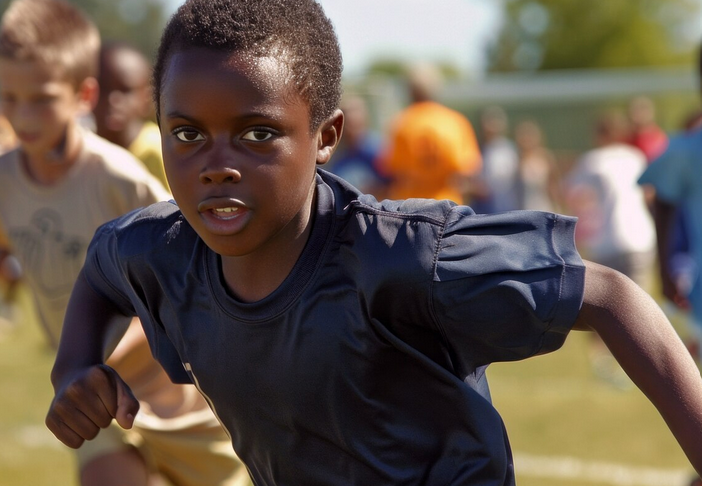We’ve all heard the phrase, “A little competition never hurt anyone.” In small doses, it can be a powerful motivator. But when a child’s self-worth starts depending on winning, experts warn that the drive to compete can quickly become unhealthy.
“Our brains are wired to compete,” explains Christina Lee, MD, a psychiatrist at Kaiser Permanente in Maryland in a recent interview with Parents.com. “Competition can be a very positive drive to motivate you to do better and to learn to improve your performance. But the problem is in children who have underdeveloped brains and the inability to necessarily temper [emotions], impulsive competitiveness can spiral into the negative aspects like self-criticism or perfectionism.”
What starts as frustration over losing a board game can snowball into grade obsession, needing to be first in everything, or refusing to try new things out of fear of failure. Dr. Lee notes, “When someone’s self-worth starts becoming contingent on winning, achievements, or out-performing other people, that’s where it’s really time to take a closer look.”

Cynthia Vejar, PhD, LPC, says kids tend to wear their competitiveness “on their sleeves,” unlike adults who mask it with subtlety. Children may brag, name-call, or get visibly upset when they lose. This openness gives parents a chance to step in early and teach grace, empathy, and perspective — skills that help them handle both victory and defeat.
In school, this can mean striving for top grades but at the risk of stress, cheating, or perfectionism. On the field, it can fuel talent growth or cause burnout and resentment. Socially, it may appear as competition for popularity, attention, or appearance.
The stakes are high: the American Academy of Pediatrics reports that 70% of kids quit organized sports by age 13 due to performance pressure. “Excessive pressure [and unhealthy competitiveness] raises the risk for depression, anxiety, panic attacks, and sleep issues,” says Dr. Lee.
Warning signs include constant comparisons, perfectionism, fear of failure, refusal to collaborate, extreme emotions after losing, and even alienating friends.

Social media often adds fuel to the fire. “These platforms often foster a sense of competition,” says Judy Krause, EdD. Dr. Lee adds, “It ends up perpetuating this idea that everyone’s highlight reel is better…and there’s a huge divide that makes kids feel terrible and fuels their anxiety.”
The antidote? Encourage offline friendships, limit screen time, and model healthy competition yourself. Remind your child that winning isn’t the only measure of success, joy, growth, and effort matter too.
Want more tools for your parenting toolbox? Here are some other things that parents can do to address unhealthy competitiveness in their children:
- Praise effort, not just results
- Model grace in both winning and losing
- Set realistic expectations for performance
- Encourage hobbies that aren’t competition-based
- Limit social media exposure and discuss its “highlight reel” effect
- Create opportunities for teamwork and shared goals
- Remind them that it’s okay to enjoy the game without winning
By keeping the focus on growth, resilience, and joy, parents can help kids channel their competitive drive into something healthy and keep the fun in the game.